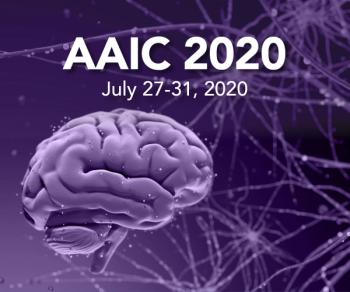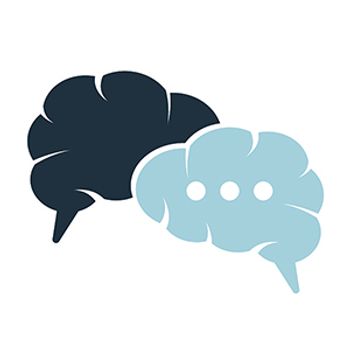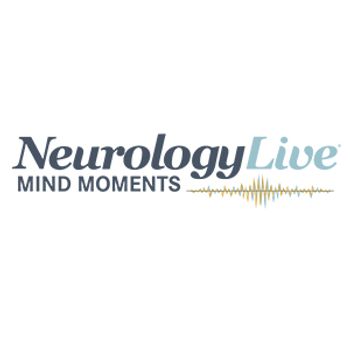
Dementia and Alzheimer Disease
Latest News
Latest Videos

CME Content
More News

Take 5 minutes to catch up on NeurologyLive's highlights from the week ending August 14, 2020.

Recent news that the FDA has granted the fastest possible review for Biogen’s Alzheimer disease treatment aducanumab may be indicative of the agency’s increasing confidence in the drug.

The director of the Sagol Center for Hyperbaric Medicine and Research at Yitzhak Shamir Medical Center explained his research with hyperbaric oxygen therapy and explored the potential it may hold as a regenerative treatment.

The postdoctoral fellow at the University of Miami Miller School of Medicine detailed the role that increased APOE ε4 expression can have on future research and clinical care.

The director of the Sagol Center for Hyperbaric Medicine and Research at Yitzhak Shamir Medical Center offers insight into the attempt to regenerate injured tissue in the brain as a way to potentially treat Alzheimer disease and dementia.

The director emeritus of the Lou Ruvo Center for Brain Health at Cleveland Clinic and vice chair of the Department of Brain Health at the University of Nevada–Las Vegas discussed the leading challenges for those with Alzheimer disease.

Neurology News Network for the week ending August 8, 2020.

Take 5 minutes to catch up on NeurologyLive's highlights from the week ending August 7, 2020.

A PDUFA date has been scheduled for March 7, 2021, but the agency said it would consider an even more expedited review if warranted.

Katrina Celis, MD, a postdoctoral fellow at the University of Miami Miller School of Medicine, discussed how ancestral genetics can play a key role in Alzheimer disease risk.

The investigators wrote that the Alzheimer’s Association “Part the Cloud” funded 24-week treatment trial is now warranted after sargramostim showed a safe and tolerable profile.

Through a joint initiative with Bill Gates, a $3.3 million funding influx will go toward the Strategically Focused Research Network on Health Technologies and Innovation program’s fifth network center.

The director of the Sagol Center for Hyperbaric Medicine and Research at Yitzhak Shamir Medical Center discussed the history of the research and offered insight into the attempt to regenerate injured tissue in the brain.

Data from 2 posters presented at AAIC 2020 suggest that there is an unmet need for safe and effective treatments for patients who experience dementia-related psychosis.

The director of the Memory Disorders Program and professor of neurology at Georgetown University Medical Center detailed the phase 2 study findings of nilotinib in patients with Alzheimer disease.

An overview of the tweet chat on mental health in neurological disorders, featuring highlighted contributions from the medical community.

The findings suggest that plasma exchange has the potential to offer patients with Alzheimer disease a new modality of treatment, though additional studies are needed to further investigate the current areas of uncertainty.

Excessive alcohol intake, head injury, and air pollution are among the newest dementia risk factors added to the Lancet Commission report.

The director of the Memory Disorders Program and professor of neurology at Georgetown University Medical Center details his findings from the phase 2 study of nilotinib in patients with Alzheimer disease.

The postdoctoral fellow at the University of Miami Miller School of Medicine detailed her study presented at AAIC 2020 that examined Alzheimer risk associated with APOE ε4 in different genetic populations.

Neurology News Network for the week ending August 1, 2020.

Take 5 minutes to catch up on NeurologyLive's highlights from the week ending July 31, 2020.

"Mind Moments," a podcast from NeurologyLive, brings you an exclusive interview with Jeffrey Cummings, MD, ScD.

Multiple studies presented at AAIC 2020 highlight and confirm previous hypotheses of the role that early life cardiovascular risk factors play for individuals who develop late life dementia.

The data suggests that a planned multiple ascending dose study and a phase 2a proof-of-concept study in patients with mild cognitive impairment could be on the way.



















